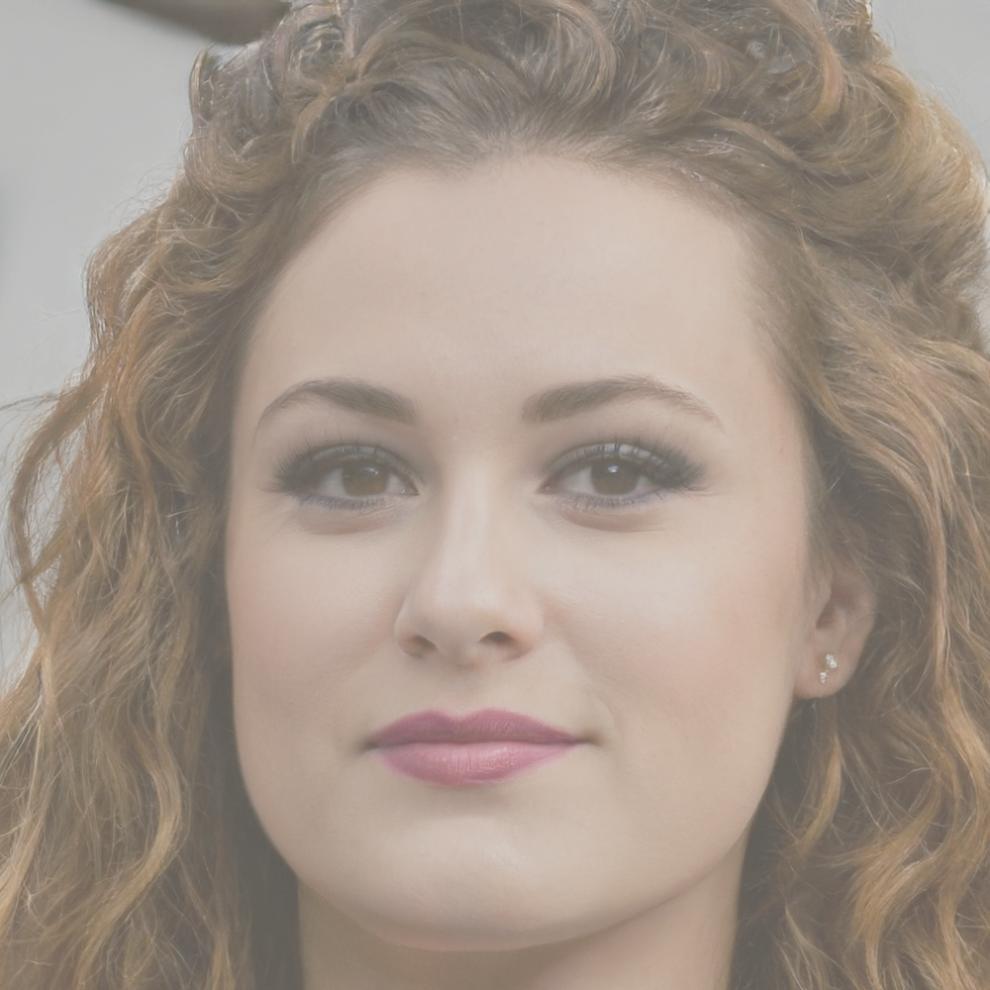Fundraising doesn't have to feel like solving a puzzle blindfolded
Most founders we meet in 2025 spend months chasing investors without knowing what actually moves the needle. We teach you the specific tactics that get meetings booked and term sheets signed—drawn from real funding rounds across Melbourne, Sydney, and beyond.
Browse Autumn 2025 Programs
Three stages every startup moves through
And why each one needs completely different preparation. Most education platforms lump everything together—we break it down by where you actually are right now.
Pre-seed reality check
You've got traction but the numbers still feel messy. Learn which metrics angels actually care about and how to frame early revenue in ways that build confidence rather than raising red flags.
Seed round mechanics
Term sheets start appearing and suddenly you're negotiating valuation caps and liquidation preferences. We walk through real documents so you know exactly what you're agreeing to before lawyers get involved.
Series A preparation
VCs want to see unit economics and a clear path to profitability. This stage is about building the financial model and operational metrics that institutional investors expect to see in their due diligence process.

Why most pitch decks get ignored in under two minutes
Investors see hundreds of decks each quarter. After reviewing pitch outcomes from 180+ Australian startups in 2024, we noticed patterns in what actually gets follow-up meetings versus what lands in the archive folder.
- Your problem slide needs to show you've talked to customers, not just identified a market gap
- Traction slides work better when they show momentum rather than just absolute numbers
- Financial projections lose credibility when growth curves look identical to every other SaaS template
- Team slides that highlight relevant relanexora experience outperform generic "worked at big tech" backgrounds
Our September 2025 workshops break down actual funded decks so you can see what worked and why—using anonymized examples from local rounds that closed in the past 18 months.
A realistic timeline for your first proper raise
Founders always underestimate how long fundraising takes. Here's what the calendar actually looks like when you're running a company and raising capital at the same time.
Foundation work
Get your data room organized, financial model built, and pitch materials refined. Most people skip this step and pay for it later with awkward follow-up requests that kill momentum.
Initial outreach
Start having conversations, get feedback on positioning, refine your ask based on what you're hearing. Expect a lot of "not right now" responses—that's completely normal and doesn't mean your company isn't fundable.
Serious discussions
You'll have multiple investors asking detailed questions, running their own analysis, introducing you to their networks. This is where term sheets start coming together and negotiations begin in earnest.
Closing mechanics
Legal docs, final due diligence, coordinating multiple investors if you're doing a syndicate. Everything takes twice as long as you think it will, even when everyone is moving quickly.


What you actually learn in our programs
Forget generic startup advice. Our courses focus on the specific financial and strategic questions that come up when you're actually in conversations with investors.
We cover valuation methodology so you can defend your numbers. Cap table management so you understand dilution before you agree to terms. Investor communication patterns so you know when interest is real versus polite brush-offs.
And because fundraising happens alongside running your business, we structure programs to fit around your schedule—evening sessions starting in July 2025, weekend intensives in October, and self-paced materials you can work through whenever you have time.

We'd been pitching for three months with almost no traction. After going through relanexora's seed program in early 2024, we completely rebuilt our investor materials and changed how we were positioning the business. Closed our round six weeks later with two local VCs and three angels.
Petra Svensson
Co-founder, logistics platform (Series A, 2025)
Programs designed for where you are now
We run three main tracks depending on your stage. Pre-seed workshops help you figure out if you're ready to raise at all. Seed courses focus on the mechanics of closing your first institutional round. Series A preparation is for companies with real revenue who need to level up their financial infrastructure.
Most programs run 6-8 weeks with a mix of live sessions and independent work. You'll build actual materials you can use in your raise—pitch decks, financial models, data room structures, investor lists.
Our next cohort kicks off in August 2025. Early registration opens in June for relanexora alumni and referrals, general enrollment in July.
View Upcoming Schedule